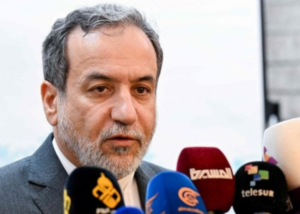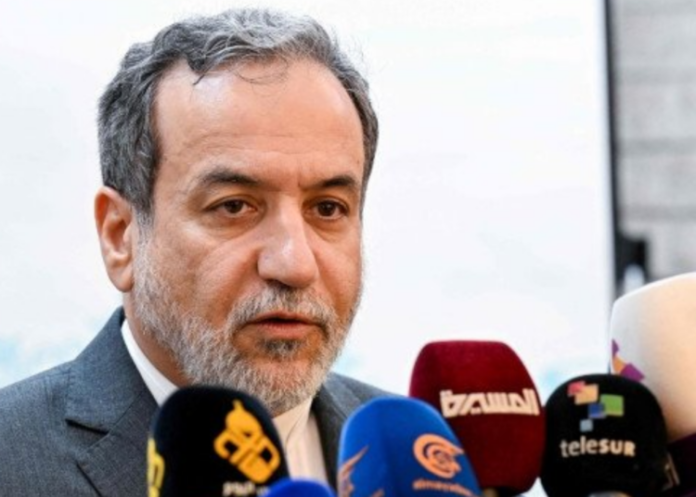Iran has warned Israel against targeting its infrastructure, particularly nuclear and oil facilities, as fears escalate over a potential Israeli assault following Iran’s recent missile barrage.
“Any attack against infrastructure in Iran will provoke an even stronger response,” Iran’s Foreign Minister Abbas Araghchi warned on Tuesday.
Araghchi’s remarks came in response to Israel’s announcement of a potential retaliation for Iran’s October 1 missile strike, which marked the second such assault by Iran on Israel within six months.

While emphasising that Iran does not seek conflict in the region, Araghchi conveyed a stern warning to Israel, indicating the country’s readiness to respond decisively to any aggression. “We do not seek war in the region,” he asserted in an official statement released on Monday.
On Friday, U.S. President Joe Biden urged Israel to refrain from attacking Iran’s oil infrastructure, underscoring Iran’s role as one of the world’s top crude producers.
General Rassul Sanairad of the Islamic Revolutionary Guard Corps added that any attack on Iran’s nuclear or energy sites would constitute a breach of Iran’s “red line.’, he commented on the heightened tensions, stating, “Some political leaders have spoken of a possible change in Iran’s nuclear policy.”
Despite past indications of Iran’s nuclear capabilities, the nation has repeatedly denied any intention to develop nuclear weapons, maintaining that its programme is solely for peaceful purposes.
The International Atomic Energy Agency (IAEA) reported last year that Iran slowed its uranium enrichment process, only to resume accelerated production of 60 per cent enriched uranium in late 2023. Military-grade enrichment requires levels of around 90 per cent.
General Sanairad highlighted the seriousness of the situation, stating that an attack on Iran’s nuclear facilities would significantly affect Iran’s response.
He noted that the recent missile strike on Israel was a direct response to the deaths of Hezbollah leader, Hassan Nasrallah in Beirut and Hamas political leader Ismail Haniyeh in Tehran, whom Iran holds Israel accountable for, though Israel has not commented on these allegations.




